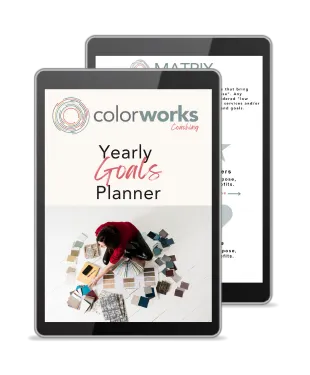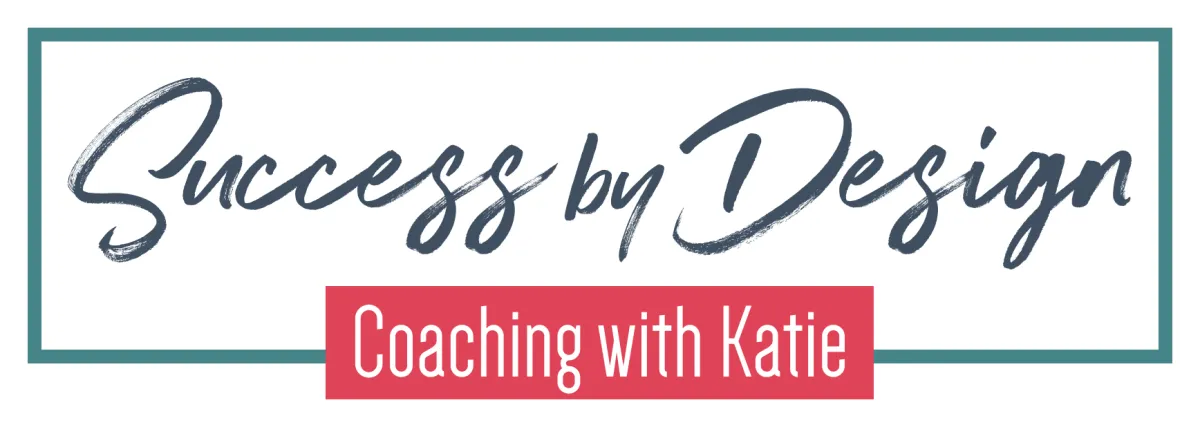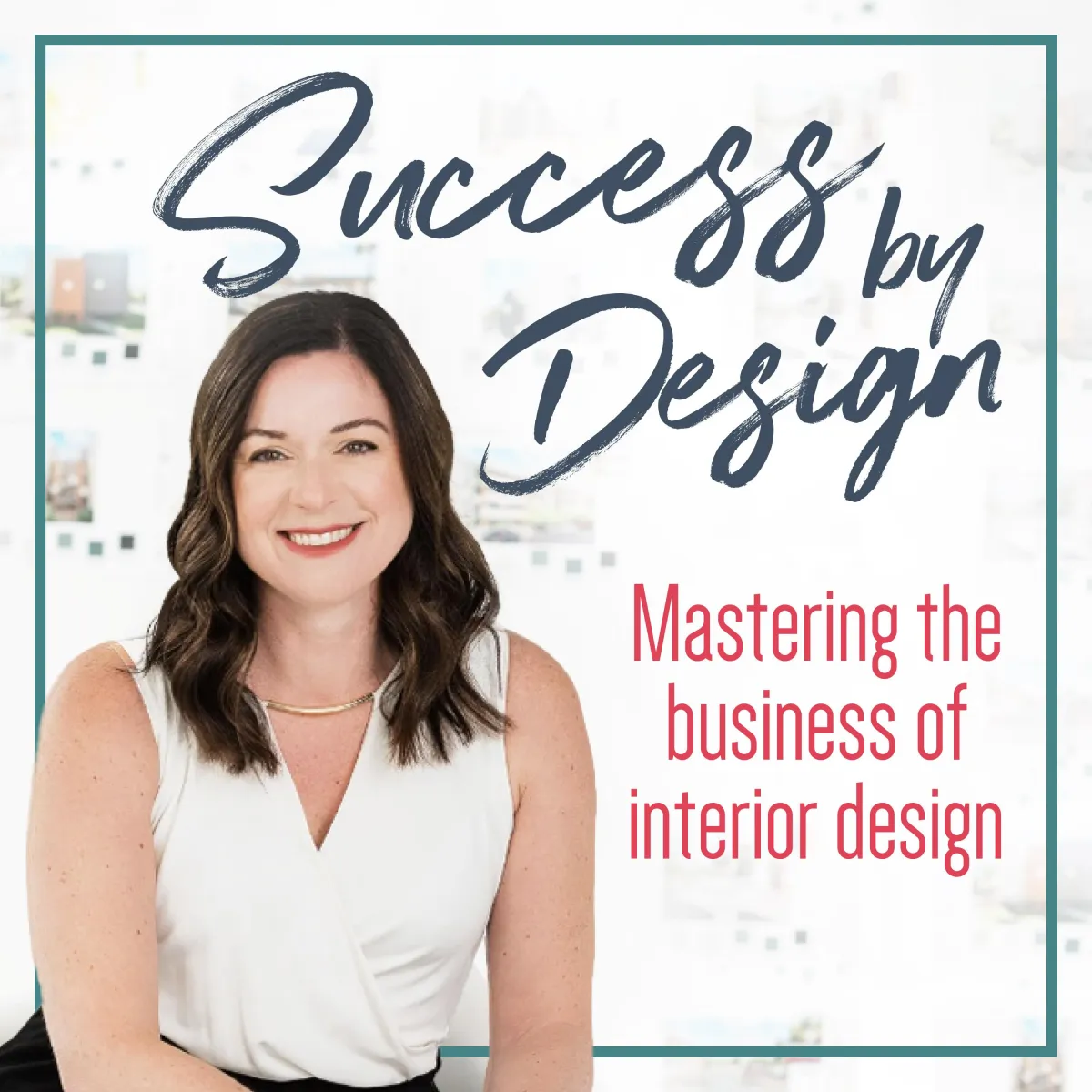Welcome To
The Cut Sheet

All Blogs

The Crucial Partnership Between Designers and General Contractors
In the world of construction and interior design, the success of a project hinges on the effective collaboration between the designer and the general contractor (GC). The relationship between these two key players can make or break a project, influencing its timeline, budget, and overall quality.

In this blog post, we'll delve into the importance of the designer-GC partnership, emphasizing the significance of pre-construction and field meetings. We'll also outline the respective responsibilities of the GC and the interior designer to highlight the complementary nature of their roles.
The Crucial Partnership: Designers and General Contractors
At the heart of any successful construction or interior design project lies a strong partnership between the designer and the general contractor. This collaboration is akin to a well-choreographed dance where each partner's moves must complement the other's for the project to reach its full potential.
Pre-construction Meetings: Laying the Foundation for Success
Pre-construction meetings serve as the foundation for a successful project. These gatherings provide an opportunity for the designer and GC to align their visions, discuss project goals, and establish a clear roadmap for the construction phase. Topics covered often include budgeting, timelines, material selections, and potential challenges that may arise during the project.
During these meetings, the designer can share their creative vision and specific design requirements, while the GC can provide valuable input on the feasibility of the design within the given budget and time constraints. This early collaboration helps prevent misunderstandings and sets the stage for a harmonious working relationship throughout the project.
Field Meetings: Ensuring Smooth Execution
Once construction is underway, field meetings become the linchpin of effective communication between the designer and the general contractor. Regular on-site check-ins allow both parties to address any emerging issues promptly, make necessary adjustments, and ensure that the project stays on track.
Field meetings are not just about troubleshooting; they also provide an opportunity for the designer to witness the project's progress firsthand and ensure that the construction aligns with the intended design. This direct involvement helps maintain the project's design integrity and minimizes the risk of costly revisions later on.

Responsibilities of the General Contractor and Interior Designer
Understanding the distinct responsibilities of the general contractor and interior designer is essential for fostering a collaborative environment. The GC is typically responsible for managing the construction process, overseeing subcontractors, ensuring compliance with building codes, and maintaining the project schedule and budget. They act as the quarterback, orchestrating the various elements to bring the project to fruition.
On the other hand, the interior designer focuses on the aesthetic and functional aspects of the space. Their responsibilities include space planning, material selection, color coordination, and ensuring that the design concept is translated accurately during the construction phase. The successful integration of these roles is key to delivering a cohesive and visually stunning end result.
Call to Action: Reach Out to Katie for Expert Assistance
Navigating the intricate relationship between designers and general contractors can be challenging, but expert guidance can make all the difference. If you find yourself struggling with a general contractor on your projects, consider reaching out to Katie – a seasoned professional with a proven track record of facilitating successful collaborations between designers and contractors. Katie specializes in bridging the gap between creative vision and construction execution. With her expertise, she can help you navigate challenges, streamline communication, and ensure that your projects reach their full potential.

To hear more about this topic, Katie discussed with GC Jason Mews on episode 6 of our webcast/podcast Colorful Conversations, Relationship Between Designer and General Contractor

Meet Your Coach Katie, a dynamic PODCAST host and successful entrepreneur.
Former news anchor turned leader of a multimillion-dollar design firm, Katie's passion lies in uncovering brilliance and sharing design and business secrets. Her insatiable curiosity, honed in the media spotlight, fuels enlightening conversations on her podcast, offering a platform for wisdom-seeking design enthusiasts and aspiring entrepreneurs.
tune in to the podcast
Success by Design
mastering the business of interior design

Schedule your Strategy Session With Katie

The Crucial Partnership Between Designers and General Contractors
In the world of construction and interior design, the success of a project hinges on the effective collaboration between the designer and the general contractor (GC). The relationship between these two key players can make or break a project, influencing its timeline, budget, and overall quality.

In this blog post, we'll delve into the importance of the designer-GC partnership, emphasizing the significance of pre-construction and field meetings. We'll also outline the respective responsibilities of the GC and the interior designer to highlight the complementary nature of their roles.
The Crucial Partnership: Designers and General Contractors
At the heart of any successful construction or interior design project lies a strong partnership between the designer and the general contractor. This collaboration is akin to a well-choreographed dance where each partner's moves must complement the other's for the project to reach its full potential.
Pre-construction Meetings: Laying the Foundation for Success
Pre-construction meetings serve as the foundation for a successful project. These gatherings provide an opportunity for the designer and GC to align their visions, discuss project goals, and establish a clear roadmap for the construction phase. Topics covered often include budgeting, timelines, material selections, and potential challenges that may arise during the project.
During these meetings, the designer can share their creative vision and specific design requirements, while the GC can provide valuable input on the feasibility of the design within the given budget and time constraints. This early collaboration helps prevent misunderstandings and sets the stage for a harmonious working relationship throughout the project.
Field Meetings: Ensuring Smooth Execution
Once construction is underway, field meetings become the linchpin of effective communication between the designer and the general contractor. Regular on-site check-ins allow both parties to address any emerging issues promptly, make necessary adjustments, and ensure that the project stays on track.
Field meetings are not just about troubleshooting; they also provide an opportunity for the designer to witness the project's progress firsthand and ensure that the construction aligns with the intended design. This direct involvement helps maintain the project's design integrity and minimizes the risk of costly revisions later on.

Responsibilities of the General Contractor and Interior Designer
Understanding the distinct responsibilities of the general contractor and interior designer is essential for fostering a collaborative environment. The GC is typically responsible for managing the construction process, overseeing subcontractors, ensuring compliance with building codes, and maintaining the project schedule and budget. They act as the quarterback, orchestrating the various elements to bring the project to fruition.
On the other hand, the interior designer focuses on the aesthetic and functional aspects of the space. Their responsibilities include space planning, material selection, color coordination, and ensuring that the design concept is translated accurately during the construction phase. The successful integration of these roles is key to delivering a cohesive and visually stunning end result.
Call to Action: Reach Out to Katie for Expert Assistance
Navigating the intricate relationship between designers and general contractors can be challenging, but expert guidance can make all the difference. If you find yourself struggling with a general contractor on your projects, consider reaching out to Katie – a seasoned professional with a proven track record of facilitating successful collaborations between designers and contractors. Katie specializes in bridging the gap between creative vision and construction execution. With her expertise, she can help you navigate challenges, streamline communication, and ensure that your projects reach their full potential.

To hear more about this topic, Katie discussed with GC Jason Mews on episode 6 of our webcast/podcast Colorful Conversations, Relationship Between Designer and General Contractor
Where TO next?
Check Out The Podcast
Whether you’re a budding designer or a savvy entrepreneur, this webcast is your go-to source for inspiration, insights, and a dash of lively conversation. Tune in and let your imagination, business and life take flight!

WATCH NOW:


work with katie 1:1
Learn More About Success by design Coaching

Explore
successbydesign.coach- All Rights Reserved - Terms & Conditions - Cookie Policy

